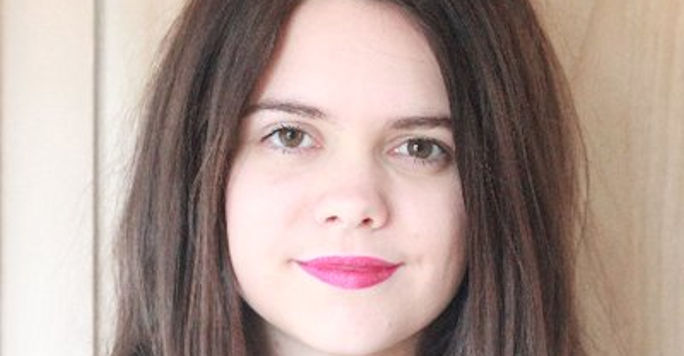The One Show is BBC One's daily magazine show which goes out live every day from 7pm. My role is to support all production and editorial freelancers, from induction, IT support and being the first point of call. I also act as a PA to the executive team by managing their dairies. The best part of the role is being able to shadow people on the team, contribute to development meetings and learn how a flagship BBC One program is made.
The team as a whole has a wealth of experience and you need to be at the top of your game to produce or direct for The One Show so there's a lot to be learnt. I get to pitch ideas for BBC formats for BBC Studios and sit in on editorial meetings which is good fun.
Initially, I was offered a running job with The One Show but it was just a few days a week. I had been offered a promotion at Don't Tell the Bride so I said I'd be in touch in the future, I really wanted to work on The One Show eventually. The Production Manager said there was a Production Management Assistant job going that I could be suitable for. I applied and after two job interviews I got the job. Leaving Don't Tell the Bride for The One Show made sense because the roles were a similar step in the right direction but there are more researcher opportunities at The One Show. Plus, The One Show is also more my area of expertise.
Ideally I want to make satirical TV, and to work in magazine, news and current affairs programs where a good understanding of politics is key. My degree was in Politics and Communication Studies so it really helps.
My top tips:
1. Be resilient and enthusiastic - a lot of it is luck so keep trying
2. Apply to The Network Edinburgh TV Festival scheme. Be resilient - I got turned down three times before I got in
3. There's a Facebook group you should join, People looking for TV work. Abide by the rules, it's strict!
4. Find mentors, then listen to them
5. Work for local TV as long as it grows your skills and experience and for no longer
6. Save money for the winter months, freelance work slows down then (and it's all freelance these days)
7. Accept that zero hours contracts are your friend. That way you can take freelance TV work at short notice which most of it is, and still have an income when things slow down
8. Find relevant additional work with transferable skills or that can help back-up your specific interest whether it be drama, documentaries, news etc.
9. You are only as good as your last job so don't take any of them for granted
10. Invest in comfy shoes, runners' shifts are long!
11. Join the student union film and TV making society. You'll get skills and contacts and be able to make whatever you want with their equipment and support. I was President for two years and I still talk about the live broadcasts we did for student election week.
